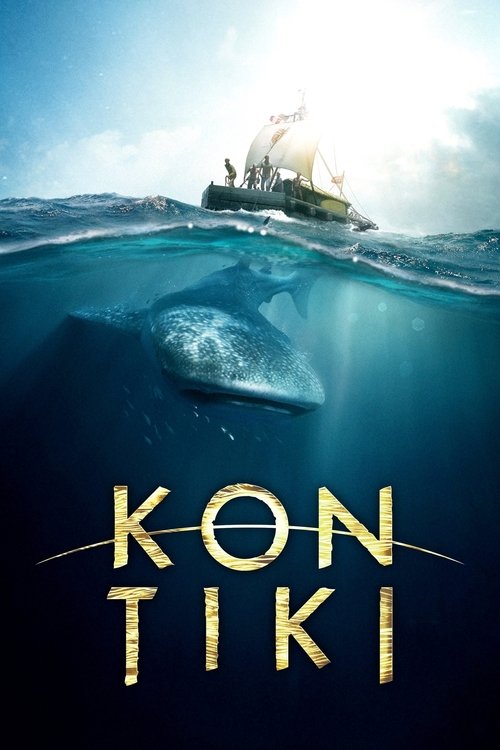
Title: Kon-Tiki
Year: 2012
Director: Espen Sandberg
Writer: Petter Skavlan
Cast: Pål Sverre Hagen (Thor Heyerdahl), Anders Baasmo Christiansen (Herman Watzinger), Tobias Santelmann (Knut Haugland), Gustaf Skarsgård (Bengt Danielsson), Odd-Magnus Williamson (Erik Hesselberg),
Runtime: 118 min.
Synopsis: The true story about legendary explorer Thor Heyerdahl and his epic crossing of the Pacific on a balsa wood raft in 1947, in an effort to prove it was possible for South Americans to settle in Polynesia in pre-Columbian times.
Rating: 6.9/10